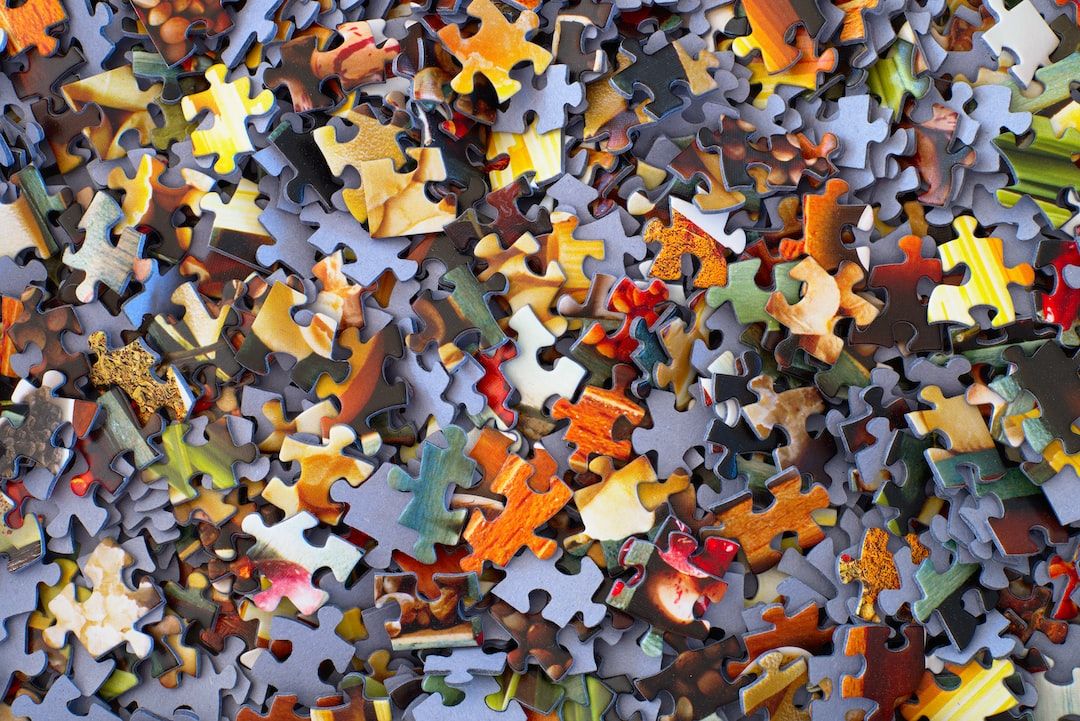
My children are grown now and the house is quiet and slow.
Ten years ago, it was full of adolescent energy and a little bit of chaos.
Twenty years ago it was filled with little kid laughter and a little bit of chaos. Okay, maybe it was a lot of chaos.
My ability to juggle two children, a marriage, a career, and my personal growth was inhibited by my ADHD-inattentive type. I came up with all sorts of creative solutions, partly because I was a child and family therapist with some skills in my toolbox.
Ten years ago, it was full of adolescent energy and a little bit of chaos.
Twenty years ago it was filled with little kid laughter and a little bit of chaos. Okay, maybe it was a lot of chaos.
My ability to juggle two children, a marriage, a career, and my personal growth was inhibited by my ADHD-inattentive type. I came up with all sorts of creative solutions, partly because I was a child and family therapist with some skills in my toolbox.
Not all parents have those skills readily available. Of course not all parents have ADHD either. The level of chaos we feel as parents depends on our individuality, energy, emotions, thoughts, and behaviors.
For example, individually, I’m a person with ADHD. For me, that means that I process what I experience in a nonlinear way. It’s all happening at the same time, which can feel chaotic. I’m also smart and creative so I can use my nonlinear mind to come up with new ideas. My personal energy is difficult to jumpstart. My body pulls me to sit even when I’m exercising regularly. My emotions tend toward melancholy, so I’ve always had to work to keep them up. My thoughts are relatively healthy as I’ve learned to understand and accept my individual nature. And my behaviors are dependent on the urgency of the task.
For example, individually, I’m a person with ADHD. For me, that means that I process what I experience in a nonlinear way. It’s all happening at the same time, which can feel chaotic. I’m also smart and creative so I can use my nonlinear mind to come up with new ideas. My personal energy is difficult to jumpstart. My body pulls me to sit even when I’m exercising regularly. My emotions tend toward melancholy, so I’ve always had to work to keep them up. My thoughts are relatively healthy as I’ve learned to understand and accept my individual nature. And my behaviors are dependent on the urgency of the task.
So how did I work with who I am to decrease my personal chaos? Well, I didn’t always. I wasn’t diagnosed with ADHD until I was 40. That’s when my daughter was diagnosed and the psychiatrist looked at me and said, “We better test you.” I am truly amazed that after all my years of working with children I couldn’t see the signs in myself. So as a mother between 27-40 I thought I lacked some ability to streamline my life. And I did. I just didn’t realize it was because I was neurodivergent.
How does understanding myself (diagnosis or not) help calm the chaos? Because it battles the alternative thoughts like “I’m lazy," “I’m not good enough," or “I’m dumb."
The truth is I’m not lazy. I am good enough. I am smart. But my brain doesn’t do a good job organizing, categorizing, and prioritizing. It’s not a natural process. I have to consciously do it myself, which in a lot of ways was what I was doing for the 13 years before I was diagnosed.
The truth is I’m not lazy. I am good enough. I am smart. But my brain doesn’t do a good job organizing, categorizing, and prioritizing. It’s not a natural process. I have to consciously do it myself, which in a lot of ways was what I was doing for the 13 years before I was diagnosed.
So with much effort, I especially realize now, I decreased the chaos. I created patterns for my children, who also were neurodivergent (no big surprise). Structure, rules, expectations, easy-to-remember lists were all a part of my toolbox. But it took energy, which as I said before was usually low.
Energy regulation has always been difficult for me. I don’t know when sitting on the couch became the spot I yearned for most. I don’t remember the pull as a child but definitely remember it from 18 and on when I had to learn how to be an adult.
The mental load of adulting was exhausting on its own. I got married at 20, partly due to my fear of being on my own. I went to college for a couple of extra years to get my two undergrad degrees. Grad school, however, was great because I was so excited about the subject matter. Yes, it’s true. ADHD people can hyper-focus, and that’s what got me through in two years to receive my Masters Degree!
The mental load of adulting was exhausting on its own. I got married at 20, partly due to my fear of being on my own. I went to college for a couple of extra years to get my two undergrad degrees. Grad school, however, was great because I was so excited about the subject matter. Yes, it’s true. ADHD people can hyper-focus, and that’s what got me through in two years to receive my Masters Degree!
By the time I was 27, I was working as a crisis counselor and having my first baby. There was no time for energy regulation. I ran on adrenaline. There is definitely a difference between regulated energy and chaotic energy. I didn’t recognize the difference and so my body would shut down and I’d get sick, but then I’d get up again because I had to take care of my babies, my clients, my relationships. There was no way I had time to take care of myself. Like really! Where was the time? I couldn’t see it.
In between chaos and crashing, my emotions challenged me. Again, I don’t remember being sad a lot as a kid. I think the melancholy started after I started menstruating in my early-teen years. The emotion came and went along with my energy. A great ocean gathering strength and then crashing to the shore.
I always thought that people had an emotional Achilles’ Heel: anger, anxiety, fear, happiness, sorrow... Mine was sorrow. Once I identified it and detangled it from illness and menstrual cramps (both gave me that gut ache that I felt when I was sad), I could manage it better with calming self-talk. Every time I would “screw up” a schedule or forget an important item at home, however, my self-talk would shame me and that melancholy would drag me down.
I always thought that people had an emotional Achilles’ Heel: anger, anxiety, fear, happiness, sorrow... Mine was sorrow. Once I identified it and detangled it from illness and menstrual cramps (both gave me that gut ache that I felt when I was sad), I could manage it better with calming self-talk. Every time I would “screw up” a schedule or forget an important item at home, however, my self-talk would shame me and that melancholy would drag me down.
Clearly, I needed to deal with my thoughts, which certainly vacillated between “everything is wonderful,” to “You suck because you can’t make everything wonderful." The thoughts, as you can imagine, also rolled with the tide of energy and emotions.
But my thoughts, it turns out, were my strength. I talk about the Five Pillars of Social Competency and the Cycles of Change in our parenting program. Each pillar has a Change Point. The Thought Change Point is "Rethink," and I needed to be doing some of that!
But my thoughts, it turns out, were my strength. I talk about the Five Pillars of Social Competency and the Cycles of Change in our parenting program. Each pillar has a Change Point. The Thought Change Point is "Rethink," and I needed to be doing some of that!
I think (therefore I am?) that my training in cognitive-behavioral therapy really strengthened my rethinking skills. I took lots of continuing education classes that reinforced my professional expertise in this area and I discovered how impactful this Change Point could be on my individual acceptance, my energy, and my emotions. My clients had similar experiences, but I noticed that other clients found more support from other Change Points:
Radical self-acceptance to comprehend individual differences, meditation to manage energy regulation, increased awareness to identify emotional ups and downs, and behavior modification to redirect unwanted behaviors.
Radical self-acceptance to comprehend individual differences, meditation to manage energy regulation, increased awareness to identify emotional ups and downs, and behavior modification to redirect unwanted behaviors.
Behaviors, in a way, are the end product of your individuality, your energy regulation, your emotional awareness, and your self-talk.
As a matter of fact, behaviors are the external projection of internal processes. But behaviors are also essential Change Points. Breathing, meditating, moving, avoiding, approaching, connecting, etc. are all effective strategies in managing energy, emotions, and thoughts.
So on the one hand, I used my behaviors to confirm my worst beliefs about myself and, on the other hand, I used my behaviors to calm my body so I could rethink those thoughts. What I’ve never been able to do is live my life within a well-scheduled and planned behavior pattern. How do people live within a schedule that consistently changes and requires one to adapt to unexpected events? I never got the hang of it, which brings me back to accepting my individuality.
As a matter of fact, behaviors are the external projection of internal processes. But behaviors are also essential Change Points. Breathing, meditating, moving, avoiding, approaching, connecting, etc. are all effective strategies in managing energy, emotions, and thoughts.
So on the one hand, I used my behaviors to confirm my worst beliefs about myself and, on the other hand, I used my behaviors to calm my body so I could rethink those thoughts. What I’ve never been able to do is live my life within a well-scheduled and planned behavior pattern. How do people live within a schedule that consistently changes and requires one to adapt to unexpected events? I never got the hang of it, which brings me back to accepting my individuality.
There is less on my to-do list today. I feel less chaotic but find that when my schedule gets busy or when the holidays approach, I feel that swirling in my brain that I associate with chaos. It’s as if the events are left on the desk and there's no one around to file them. Dealing with my personal chaos is more manageable when I focus on one thing at a time–something I couldn’t do as a parent.
But you know what? I did okay. I focused on my love and compassion for others. I focused on forgiving myself when I forgot the permission slip for my child’s field trip. I embraced my creativity as a gift for being neurodivergent. I educated the people around me and asked for some grace when I needed it most. I identified my somatic emotional responses and calmed them so I could identify the source of discomfort. I moved when my energy urged me back to the couch.
But you know what? I did okay. I focused on my love and compassion for others. I focused on forgiving myself when I forgot the permission slip for my child’s field trip. I embraced my creativity as a gift for being neurodivergent. I educated the people around me and asked for some grace when I needed it most. I identified my somatic emotional responses and calmed them so I could identify the source of discomfort. I moved when my energy urged me back to the couch.
Chaos is a part of my life, my brain, my identity. But I don’t have to live in chaos. I am not chaos. I feel it when there’s too much to track or do. It signals to me that I need to find a moment, write things down, breathe. Those behaviors will reduce that out-of-control feeling, not all the way, but significantly enough for me to manage the moment. By understanding the triggers of that chaos, I realized I didn’t have to feel that way all the time. Once I learned to manage it, I was more present.
To analyze your own feelings of chaos as you raise your children, work your career, and engage in your relationships among a billion other things, take some time for yourself and do your own analysis. Ask yourself:
1. When do I feel chaotic?
2. How do my individual traits, characteristics, abilities increase my sense of chaos?
3. How does my personal energy regulation lend itself to chaos?
4. How do my emotions influence chaos?
5. How do my thoughts reinforce or impact chaos?
6. And how do my behaviors contribute to chaos?
By journaling about this, much like I just did, you can find avenues into your Change Points:
Individuality: Resolve to accept yourself.
Energy: Regulate using behavioral skills.
Emotion: Recognize the patterns and somatic responses.
Thought: Rethink your narrative.
Behavior: Root and Remove actions that work and those that do not.
And when you need specific skills to make that change, check out our parent support program through the Enrichment memberships.
Individuality: Resolve to accept yourself.
Energy: Regulate using behavioral skills.
Emotion: Recognize the patterns and somatic responses.
Thought: Rethink your narrative.
Behavior: Root and Remove actions that work and those that do not.
And when you need specific skills to make that change, check out our parent support program through the Enrichment memberships.
Take Care,
Laura Schneider, LMHC


